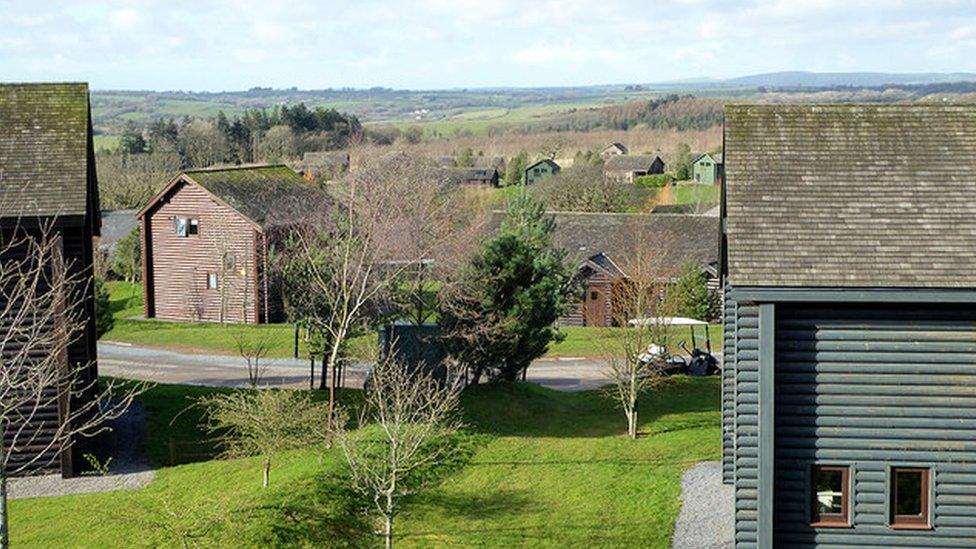Tourism tax may harm businesses, says Bluestone boss
- Published
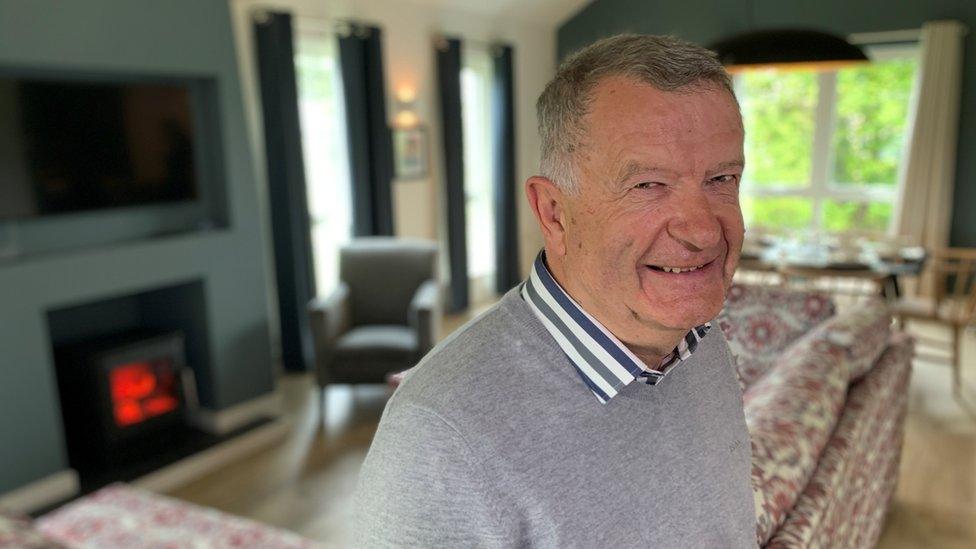
Chief executive William McNamara, in one of the new platinum lodges, says the tourism tax could be a "turn-off" for visitors to Wales
The chief executive of a major Welsh visitor attraction has claimed that the proposed tourism tax has the potential to harm holiday businesses.
William McNamara, of Bluestone National Park Resort, spoke after the announcement of a £30m package of investment for the Pembrokeshire site.
He said he did not want to see visitors "turned off" coming to Wales.
The Welsh government said it could generate new income to improve local services and infrastructure.
Bluestone is developing 80 new platinum lodges, a heritage restaurant and an 11 hectare solar farm.
It employs 800 people and spends £7m annually on a range of suppliers across Wales.
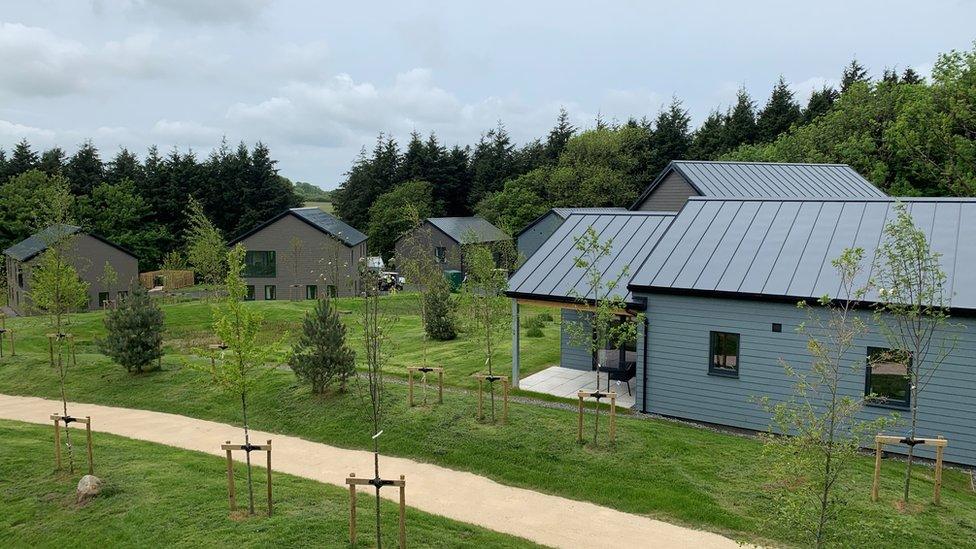
Bluestone, near Narberth in Pembrokeshire, attracts 150,000 visitors each year
"What we don't want to see is a turn-off to Wales because there is a tourism tax here, so it is a very fine line and it's going to be a fine balance," said Mr McNamara.
A tourism tax will allow councils to charge people staying in accommodation such as hotels or bed and breakfasts, which will then be spent on upgrading local facilities.
Bluestone recently spent £3m transforming the nearby disused Black Pool Mill into a restaurant over two floors.
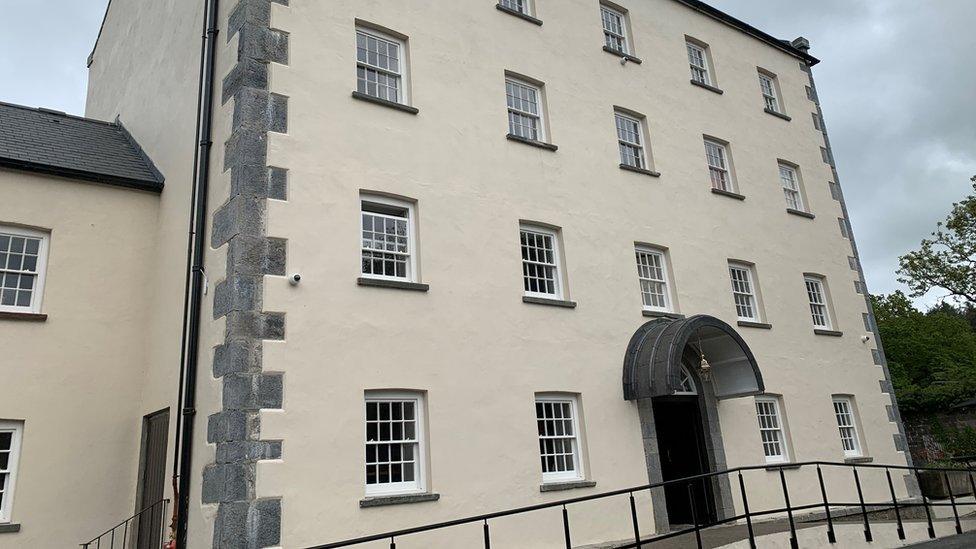
Black Pool Mill was originally built in 1813, and has been turned into a restaurant
Sarah Davies, head of Black Pool Mill, said: "There is an emphasis on buying local. We are trying to keep that in season as well. We've also sourced Welsh spirits, Welsh juices to bring it all the way through the experience."
Asked if the tourism tax had the potential to be detrimental, Mr McNamara said: "If people can make a choice to not pay a tourism tax in England or pay it in Wales, there has to be very good reasons why they will pay it, and why they'll pay it happily by coming to Wales.
"That's got to do with what the tourism tax is used for.
"I think the big debate must sit around what the tariff is going to be, how it's going to be collected and really importantly, how it's going to be spent."
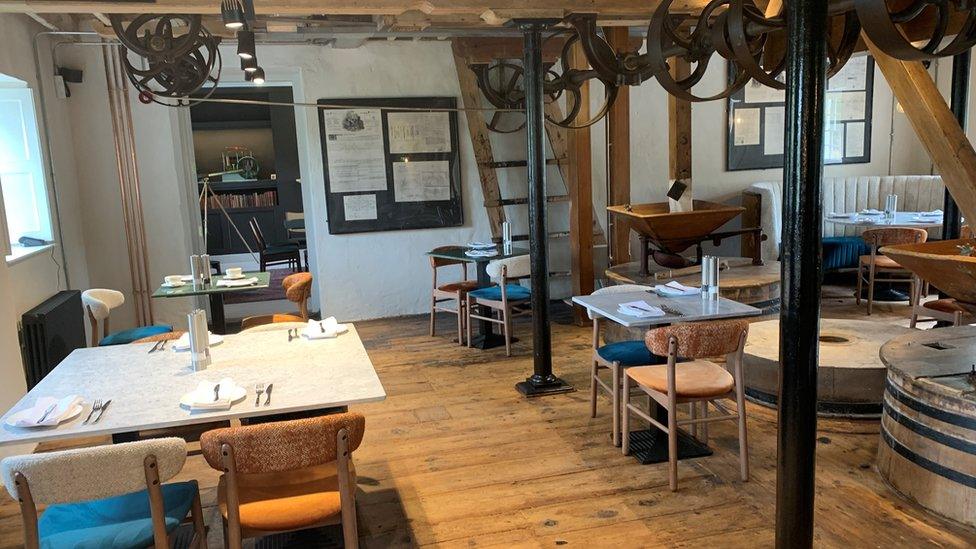
The original iron cogs and wheels are featured in the Black Pool Mill restaurant
Bluestone attracts 150,000 visitors every year, and the business said it hoped the extra investment could bring in a further 50,000 annually.
The completed platinum lodges will be about 20% more expensive than the existing versions.
Mr McNamara said he believed that, despite the cost of living crisis, there was a market for them.
"They are well booked," he said. "We needed to continue to develop the business and provide our guests, aspirational, with something that's 21st century.
"They are bigger than anything we've built and sustainably designed and operated. The cost of living crisis has impacted us. We are hopeful that it won't last for long and we are very long-term players here at Bluestone."
He also said that a controversial decision made last year to restrict use of its Blue Lagoon facility to Bluestone residents only, when reopening after Covid, was "under review".
The water attraction was open to the general public before the pandemic.
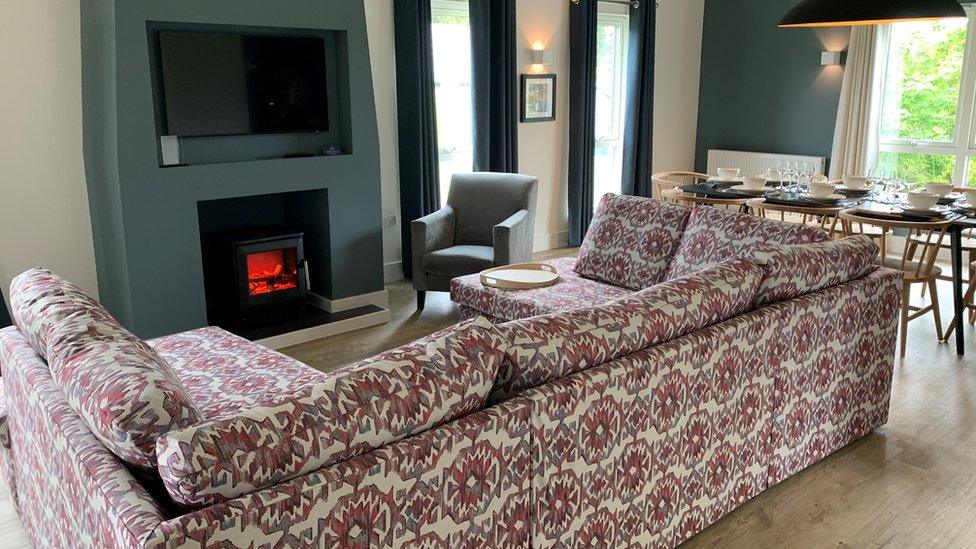
Manchester introduced a tourist tax last year for people making overnight stays in the city
The Welsh government said the tax "could make a real difference by generating new revenue to develop and enhance local services and infrastructure."
"Our plans would allow local authorities to decide if they want to introduce a levy, based on the needs of their areas. The levy could make a real difference by generating new revenue to develop and enhance local services and infrastructure," said a spokesperson.
"Our intention is to foster a sense of shared responsibility between residents and visitors, to protect, and invest in, local areas and encourage a more sustainable approach for tourism."
The owner of competitor Center Parcs recently put its UK and Ireland business on sale for a reported £4-5bn, but Mr McNamara insisted he was not interested in selling Bluestone.
"I love the industry. I love the people," he said. "We have a family of 800 staff and they are very important to me.
"Bluestone is not currently for sale but at the same time anything is considered for silly money. The industry leader is for sale for £4-5bn.
"It'll be very interesting to see what happens to that."
Related topics
- Published12 April 2022
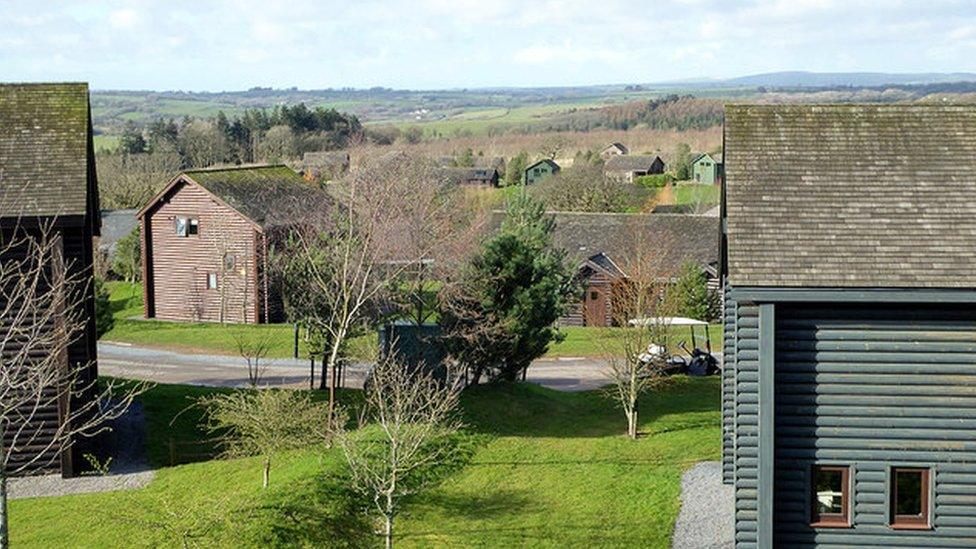
- Published30 March 2023
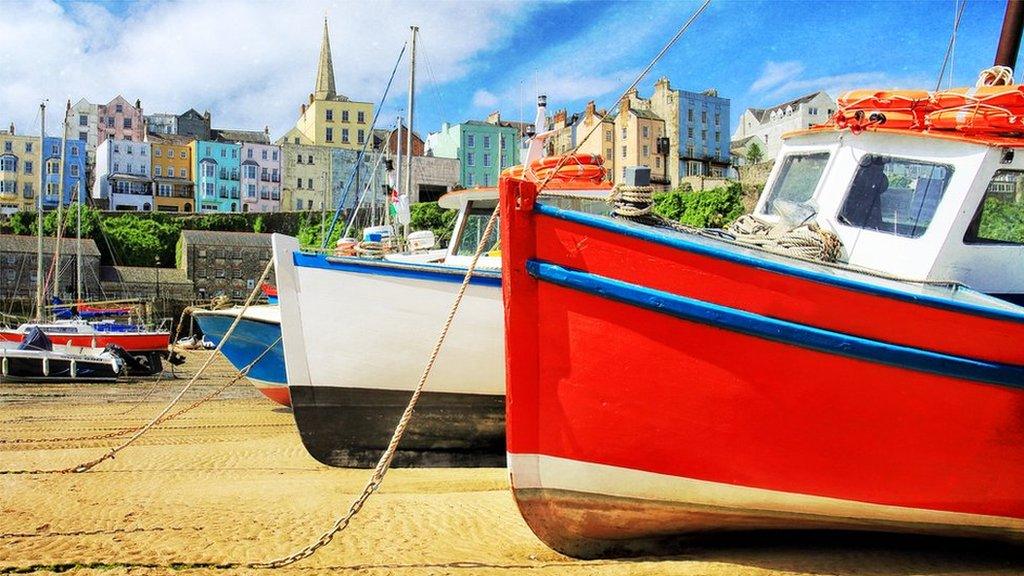
- Published13 May 2023
